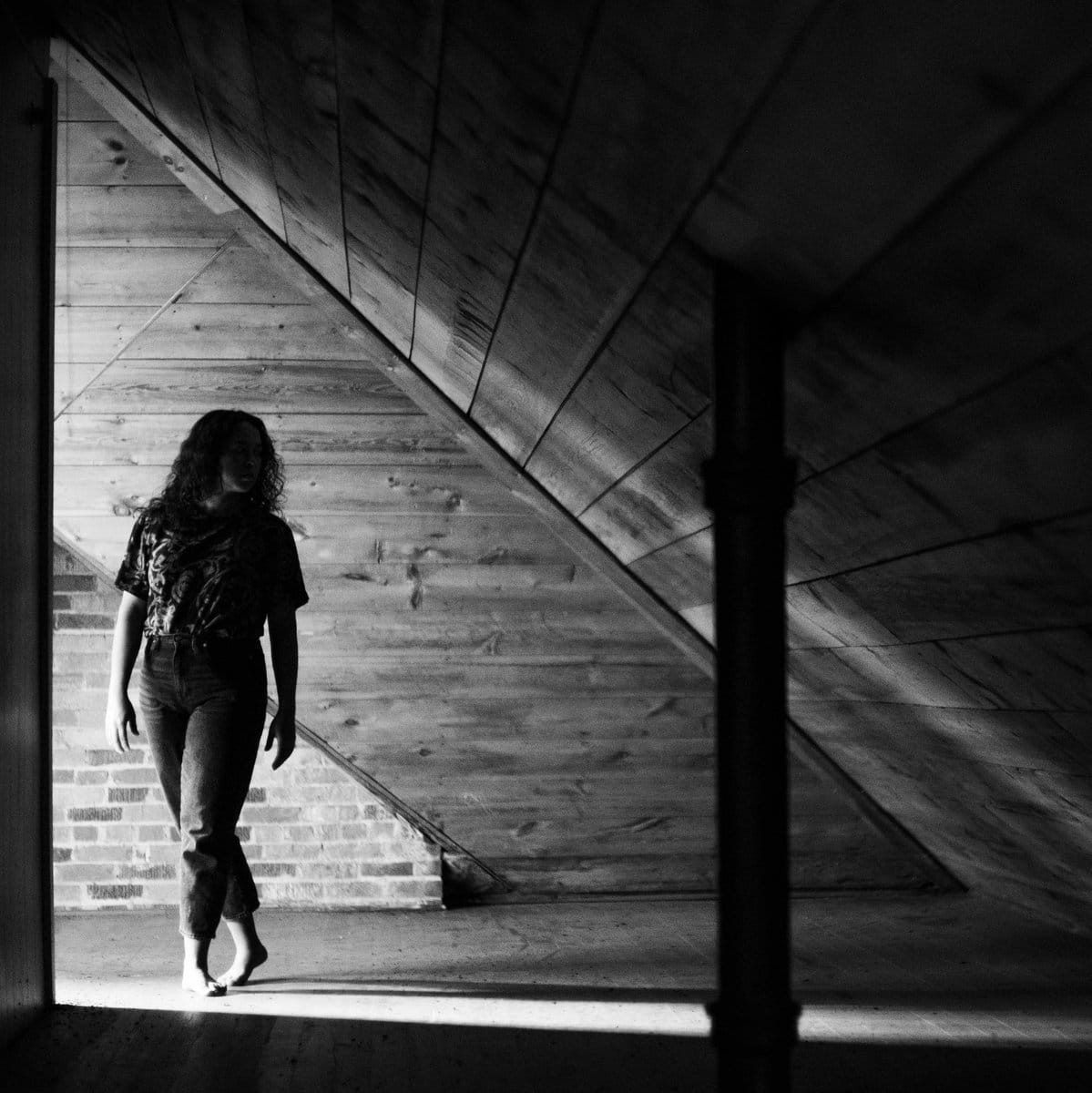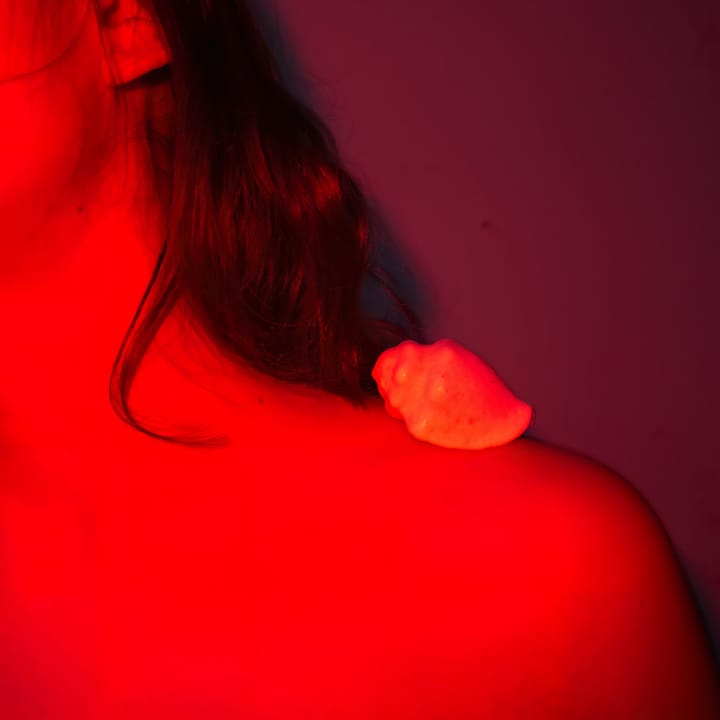Review: Zosha Warpeha – silver dawn
Improvised vignettes for Hardanger d’amore, informed by Nordic folk traditions and a spacious, mindful repetition.

Absence is everywhere. The solo improvisations on silver dawn are littered with respiratory pauses as if Zosha Warpeha were playing brass or woodwind, with passages of expression alternating with passages of quiet. Bowed fiddle mimics the sound of inhalation, lowered to a rasp akin to hissing through teeth. At these moments I imagine Warpeha to be contemplating the rich constitution of her present: nurturing shape of the melody just expressed, preparing to play it again, and considering how minuscule fluctuations in her disposition may generate disparities between the two. Each repetition may possess the general shape of the instance prior – often swoops between a mere handful of pitches, ornamented with sudden flutters – but each instance is augmented with the energy unique to a mindful inhabitation of the now. These improvisations are like symbols painted repeatedly upon a canvas, with new curves and lines traced approximately over the old. Yet there are deviations everywhere: little upward licks and serifs that decorate the thickly-asserted imprint of the overall shape, evidencing the undulation of circumstance that presses upon a given trajectory through time. Warpeha doesn’t need to stop and breathe to play her instrument, and yet she does: brush held above the canvas, allowing a radiant intentionality to seep into that gap between one gesture concluding and the next gesture commencing.
Specifically, Warpeha plays the Hardanger d’amore: a fiddle with similarities to the Norwegian hardingfele and Baroque viola d’amore, whose five bowed strings are each paired with a sympathetic string that activates through nearby vibration. On close scrutiny one can hear little afterglows of resonance, as though part of the instrument is savouring the shape of certain notes before they pass altogether. Such suspension is found also in the melodies themselves. Even the more overt tonal centres on tracks such as “dreamt the raven” never come to rest, stumbling upon new queries in each attempt to resolve themselves. Pieces like “first light” resemble two outstretches hands just out of touching distance, the fingers playfully twitching toward contact, with a beautiful charge emerging from this jostle of intimacy and the intangible. Warpeha’s voice features occasionally, effectively adopting the role of a sixth sympathetic string as it swoops in wordless parallel to her instrument. During “of the mountain ash”, we hear it gradually decouple from the rasp of the bow and move toward fullness and agency, tracing its own arc above the central drone, and above the interwoven brambles of finger-plucked strings. Yet this gathering conviction remains in the spirit of inquiry, with open vowels evoking not the expression of an answer, but in the eternal rearrangement of the question.

![Review: [something's happening] – Buzz](/content/images/size/w720/2025/03/a3798122591_10.jpg)

